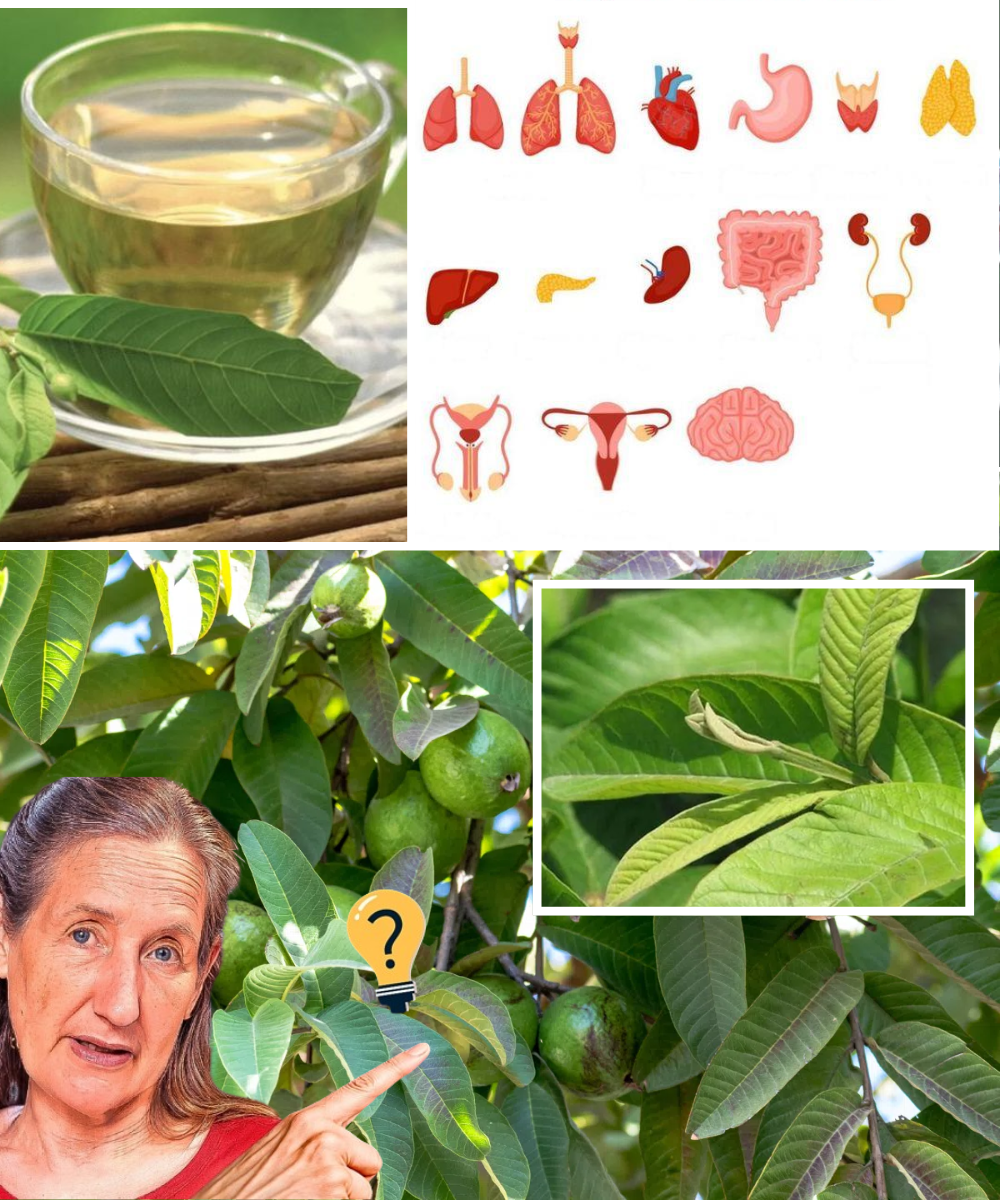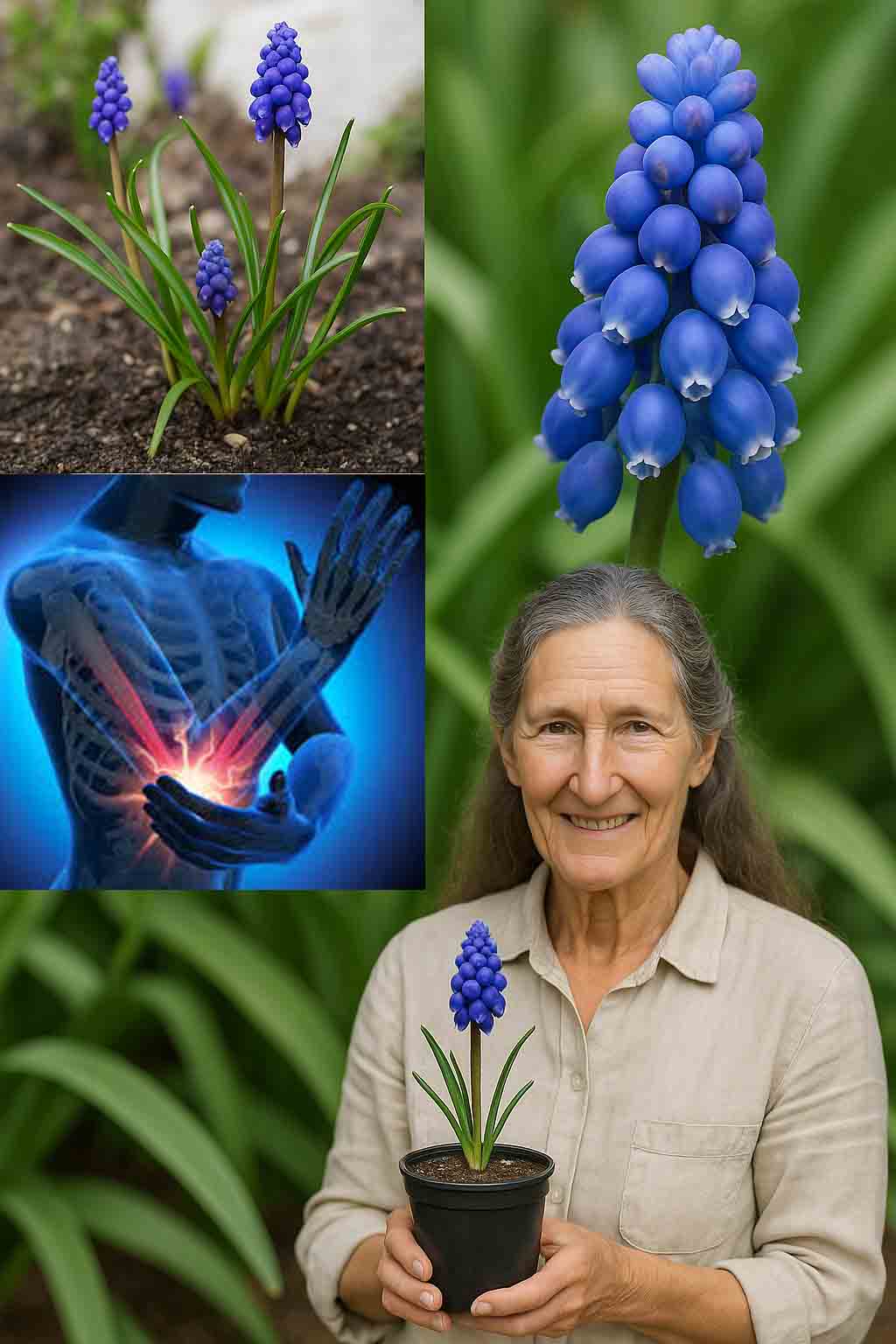Eggplant—also called aubergine—is one of those vegetables that feels familiar but mysterious all at once. With its glossy purple skin and creamy interior, it shows up in everything from Mediterranean ratatouille to spicy Indian curries. But beyond its culinary versatility, eggplant holds a surprising mix of benefits and risks that every health-conscious eater should understand.
So… is eggplant your body’s friend—or foe? Let’s break it down.

✅ 5 Surprising Benefits of Eggplant That Make It Worth Eating
1. 🛡️ A Brain-Boosting Antioxidant Powerhouse
Eggplant skin contains nasunin, a rare and potent antioxidant. It doesn’t just fight free radicals—it helps protect brain cell membranes and slows down oxidative aging. In other words, it’s good for your memory and mental clarity, especially as you age.
2. ❤️ Cardiovascular Support You Can Taste
Thanks to its high fiber and potassium content, eggplant is a quiet protector of your heart. Fiber helps sweep away excess cholesterol, while potassium balances sodium and regulates blood pressure.
✔ Lower LDL (bad cholesterol)
✔ Improved circulation
✔ Reduced risk of stroke and heart disease
3. ⚖️ Perfect for Weight Loss and Portion Control
Looking to feel full without loading up on calories? Eggplant is low-calorie and high-fiber—a winning combo for satiety. Its dense texture also adds “heaviness” to meals, keeping you satisfied longer and helping reduce mindless snacking.
4. 🦠 Gentle on the Gut
The soluble fiber in eggplant:
✔ Promotes smoother digestion
✔ Eases constipation
✔ Supports gut-friendly bacteria
It’s a natural way to care for your digestive system while enjoying flavorful meals.
5. ✨ Skin Health From the Inside Out
Eggplant contains vitamin C, phytonutrients, and polyphenols—all important for collagen production, skin elasticity, and reducing inflammation.
✔ Glowing complexion
✔ Less visible aging
✔ Stronger skin barrier
⚠️ 5 Potential Side Effects to Watch Out For
Eggplant is healthy for most people, but it’s not ideal for everyone. These are the lesser-known risks:
1. 🚫 Contains Solanine — A Nightshade Warning
As a member of the nightshade family, eggplant contains solanine—a natural chemical that may cause inflammation or joint pain in some people, especially those with autoimmune disorders like rheumatoid arthritis.
👉 If you’re nightshade-sensitive, try removing it from your diet and monitor how your body responds.
2. 😣 May Cause Digestive Discomfort in Some
Too much fiber or undercooked eggplant can irritate sensitive stomachs. Possible symptoms include:
– Bloating
– Cramping
– Gas
✅ Pro tip: Start with small portions and ensure it’s well-cooked.
3. 🩸 Can Inhibit Iron Absorption
Eggplant contains oxalates, which bind to iron and prevent your body from fully absorbing it.
👉 If you’re iron-deficient or anemic, balance your meal with vitamin C-rich foods like citrus or bell peppers to boost absorption.
4. ⚕️ Rare But Possible Allergic Reactions
Some individuals are allergic to eggplant. Reactions may include:
– Itchy throat
– Skin irritation or hives
– Swelling of the lips or mouth
If any of these occur after eating eggplant, stop immediately and seek medical guidance.
5. ❗ Toxic If Eaten Raw or Undercooked
Raw eggplant contains more solanine, which can lead to:
– Nausea
– Vomiting
– Digestive upset
👉 Always cook eggplant thoroughly before eating. Roasting, baking, or sautéing will break down these compounds safely.

👩🍳 How to Prepare Eggplant the Smart Way
✅ Cook it well: Heat reduces solanine and improves digestibility. Roasting and sautéing are best.
✅ Peel the skin if needed: If you’re sensitive to bitterness or solanine, removing the skin can help.
✅ Pair with citrus: Vitamin C-rich ingredients boost iron absorption and balance eggplant’s effects.
✅ Eat in moderation: Two to three servings per week is plenty for most people. No need to overdo it.
🌟 Final Thoughts: Balance Is Everything
Eggplant is one of nature’s most misunderstood vegetables. It brings impressive health benefits—from heart and brain protection to better skin and digestion—but it also requires mindful preparation to avoid side effects.
🥗 The key is balance. Don’t eat it raw, don’t overload on it daily, and consider your personal sensitivities. When prepared thoughtfully, eggplant becomes a flavorful, functional food that’s both healing and satisfying.
So go ahead—grill it, bake it, stuff it. 🍆
Eggplant is more than just a pretty purple veggie. It’s a smart addition to a vibrant, health-supporting lifestyle.


